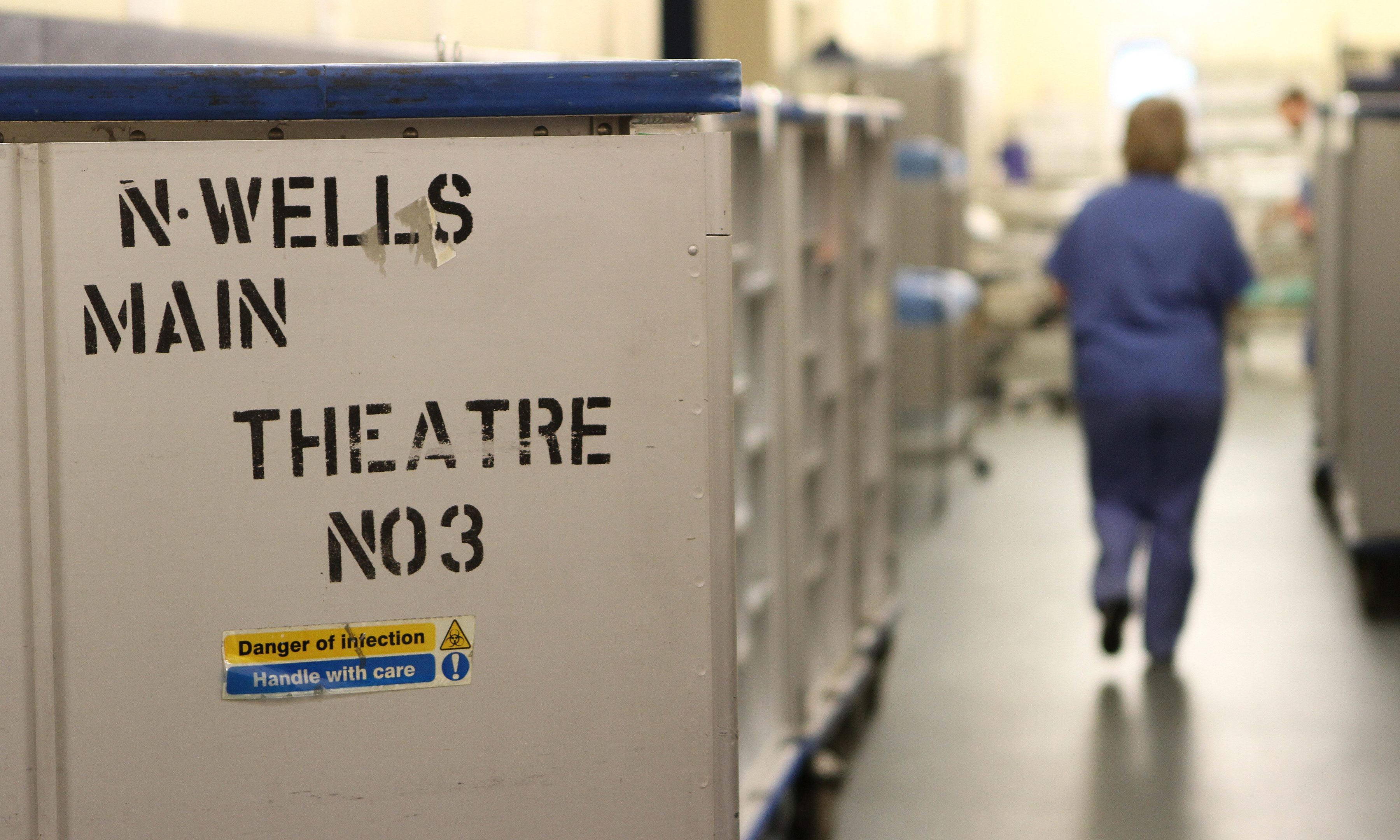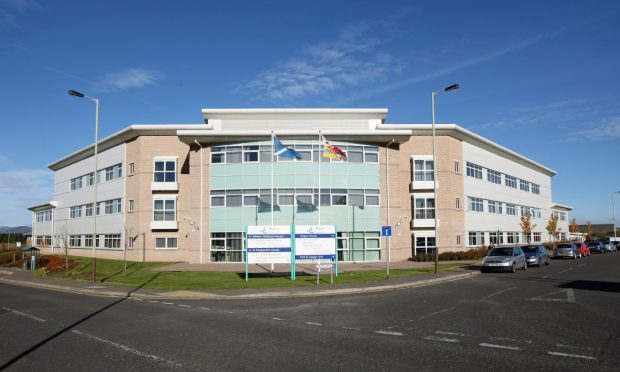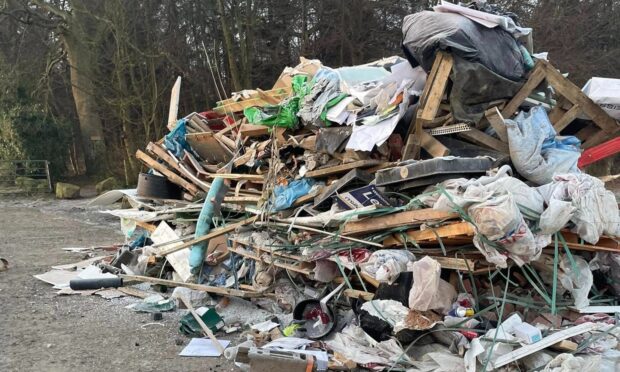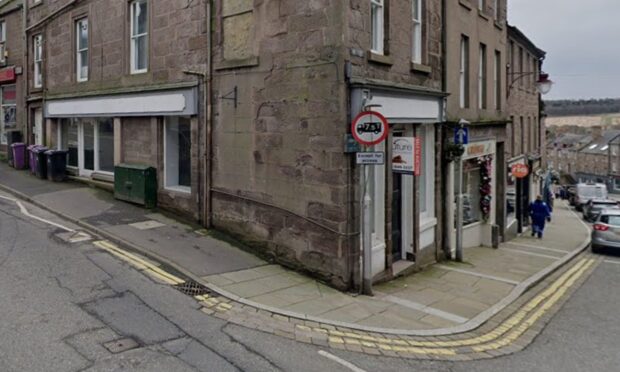The Carnoustie E. coli threat level would appear to be diminishing with no new cases in the past 12 days.
There are currently no inpatients at Ninewells Hospital in Dundee, which is where a small number of children had been under quarantine.
However, a young girl remains in a Glasgow hospital following the Angus E. coli O157 outbreak which was centred on a playgroup in the town.
Possible sources and routes of transmission are still being investigated — including a possible link with a national outbreak in which a three-year-old girl from Dunbartonshire died and 21 other people have been infected.
NHS Tayside consultant in public health medicine Dr Jackie Hyland said: “We continue to investigate linked cases of E. coli infection affecting a small number of children in the Carnoustie area.
“It has been 12 days since anyone with symptoms has presented and the number of patients confirmed positive for E. coli infection remains low.
“Due to the low number of confirmed cases, we are unable to provide further details to protect patient confidentiality.
“During the investigation, a small number of suspected and confirmed cases of E. coli have been assessed and treated as appropriate within Ninewells Hospital.
“There are currently no inpatients related to this investigation at Ninewells Hospital.
“We have also made the decision to step down the dedicated helpline number on Friday due to the very low number of calls received over the last few days.
“However, if you have concerns about your health or anyone in your family, you should contact your GP as you would normally, or call NHS 24 on 111 outside office hours.
“The community should be reassured that the risk to the general public remains low.
“The cases and contacts have now been identified and children should now be attending school or nursery unless they are symptomatic or have been formally excluded by the Health Protection Team.
“Possible sources and routes of transmission continue to be investigated.”
Members of the community have been praised for providing “tremendous support in trying to minimise spread of infection and identify a possible source”.
Some strains of E. coli are harmless but some types produce toxins that can cause illness in people.
Symptoms include diarrhoea, fever, stomach pain/cramps, nausea and/or vomiting or generally feeling/being unwell.
The O157 strain is a leading cause of food-borne illness and can be particularly dangerous.










